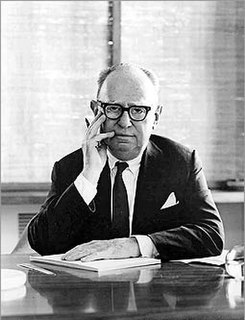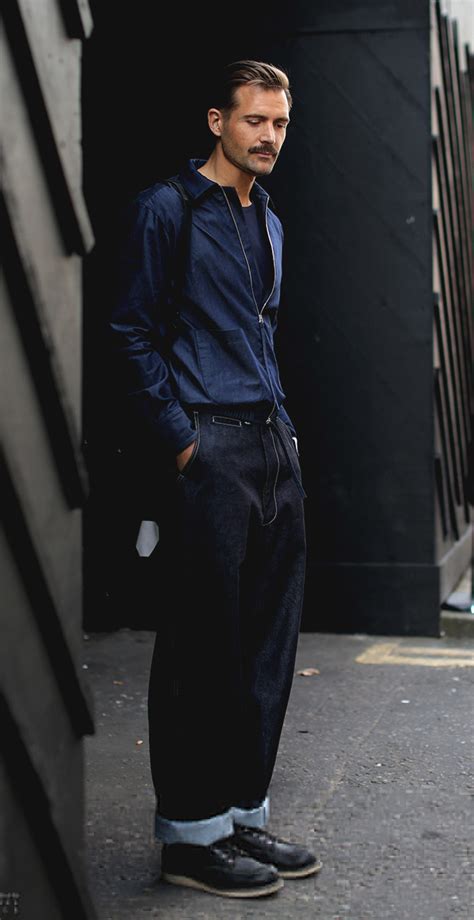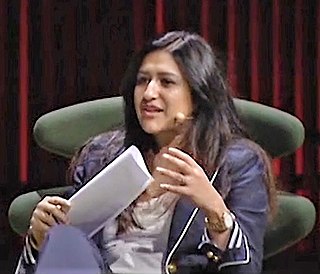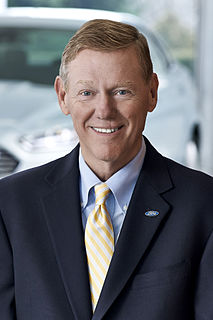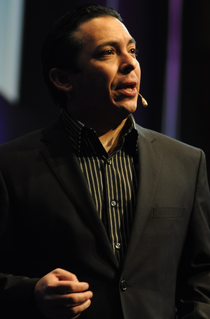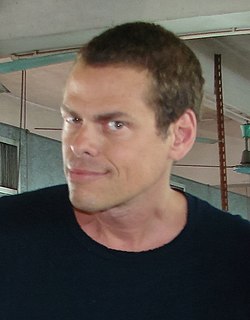A Quote by Leo Burnett
Products are made in the factory, but brands are created in the mind.
Related Quotes
I see "demand creation" as a 20th-century construct that's bound up with advertising. It's an outmoded view of marketing that says, "First, we build a product or service, then we advertise it into people's lives." Embedded this view is the belief that companies control brands. This is a myth. My message all along has been that brands are actually created by customers, not companies. Companies only provide the raw materials - the products, messaging, behaviors - that people use these to create brands.
Buy products of genuine lasting value from brands that take their manufacturing seriously. I have things that are 75 years old, like the dinner suit of my grandfather's that was made in 1933 by a tailor in Edinburgh. Clothes develop stories. You can remember where you've been through clothing that you've worn. I want products that are going to endure. I hate that we buy things that are disposable. We need to buy products with integrity.
Most brands that are called luxury brands today are not true luxury brands. The globalization of fashion and luxury means you now find the same luxury brands in every city. The stores look the same, the products are the same. It is still a very good quality product but it is now readily available to everyone. It's a kind of mass luxury.
Great teams are usually small-under fifty in total head count. (There are few examples of a team made up of hundreds of people who created anything revolutionary.) Big teams aren't conducive to revolutionary products because such products require a high degree of single-mindedness, unity, and unreasonable passion.
I run all the brands like cousins. You want your cousins to do well, but you want to do better. All of our brands want to win, but we certainly want to fight fair and coordinate as much as we can behind the scenes. But to the consumer, we want to offer the broadest, most competitive set of products that we can.
